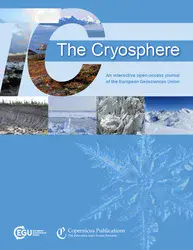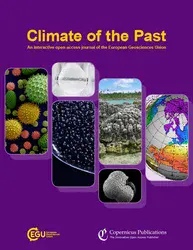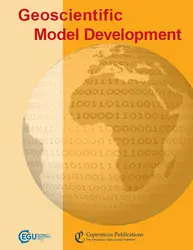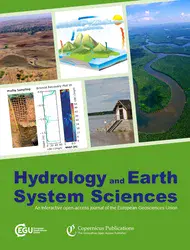Publications
Below are the EGU's open access peer-reviewed journals relevant to the Cryospheric Sciences Division. For a complete list of EGU journals, click here.
The EGU journals are indexed in the Web of Science, Scopus, Google Scholar, etc. We refrain from displaying the journal metrics here since citation metrics used in isolation do not describe importance, impact, or quality of a journal. However, these metrics can be found on the websites of the respective journals.

The Cryosphere (TC)
The Cryosphere (TC) is an international scientific journal dedicated to the publication and discussion of research articles, short communications, and review papers on all aspects of frozen water and ground on Earth and on other planetary bodies. The main subject areas are ice sheets and glaciers, planetary ice bodies, permafrost, river and lake ice, seasonal snow cover, sea ice, remote sensing, numerical modelling, in situ and laboratory studies of the above and including studies of the interaction of the cryosphere with the rest of the climate system.

Climate of the Past (CP)
Climate of the Past (CP) is an international scientific journal dedicated to the publication and discussion of research articles, short communications, and review papers on the climate history of the Earth. CP covers all temporal scales of climate change and variability, from geological time through to multidecadal studies of the last century. Studies focusing mainly on present and future climate are not within scope.

Geoscientific Model Development (GMD)
Geoscientific Model Development (GMD) is an international scientific journal dedicated to the publication and public discussion of the description, development, and evaluation of numerical models of the Earth system and its components.

Hydrology and Earth System Sciences (HESS)
Hydrology and Earth System Sciences (HESS) is an international two-stage open-access journal for the publication of original research in hydrology, placed within a holistic Earth system science context. HESS encourages and supports fundamental and applied research that seeks to understand the interactions between water, earth, ecosystems, and humans. A multi-disciplinary approach is encouraged that enables a broadening of the hydrologic perspective and the advancement of hydrologic science through the integration with other cognate sciences, and the cross-fertilization across disciplinary boundaries.
